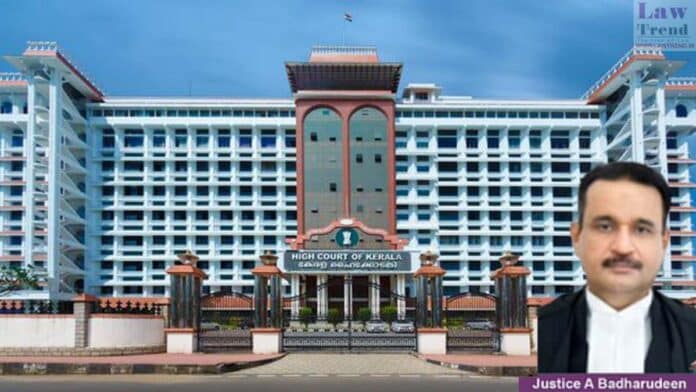In a landmark judgment, the Kerala High Court ruled that a divorced woman cannot claim the right to reside in a shared household based on an earlier domestic relationship with her ex-husband. However, the court emphasized that such a woman cannot be evicted without following due legal procedures. This ruling came in the case Crl.
To Read More Please Subscribe to VIP Membership for Unlimited Access to All the Articles, Download Available Copies of Judgments/Order, Acess to Central/State Bare Acts, Advertisement Free Content, Access to More than 4000 Legal Drafts( Readymade Editable Formats of Suits, Petitions, Writs, Legal Notices, Divorce Petitions, 138 Notices, Bail Applications etc.) in Hindi and English.




